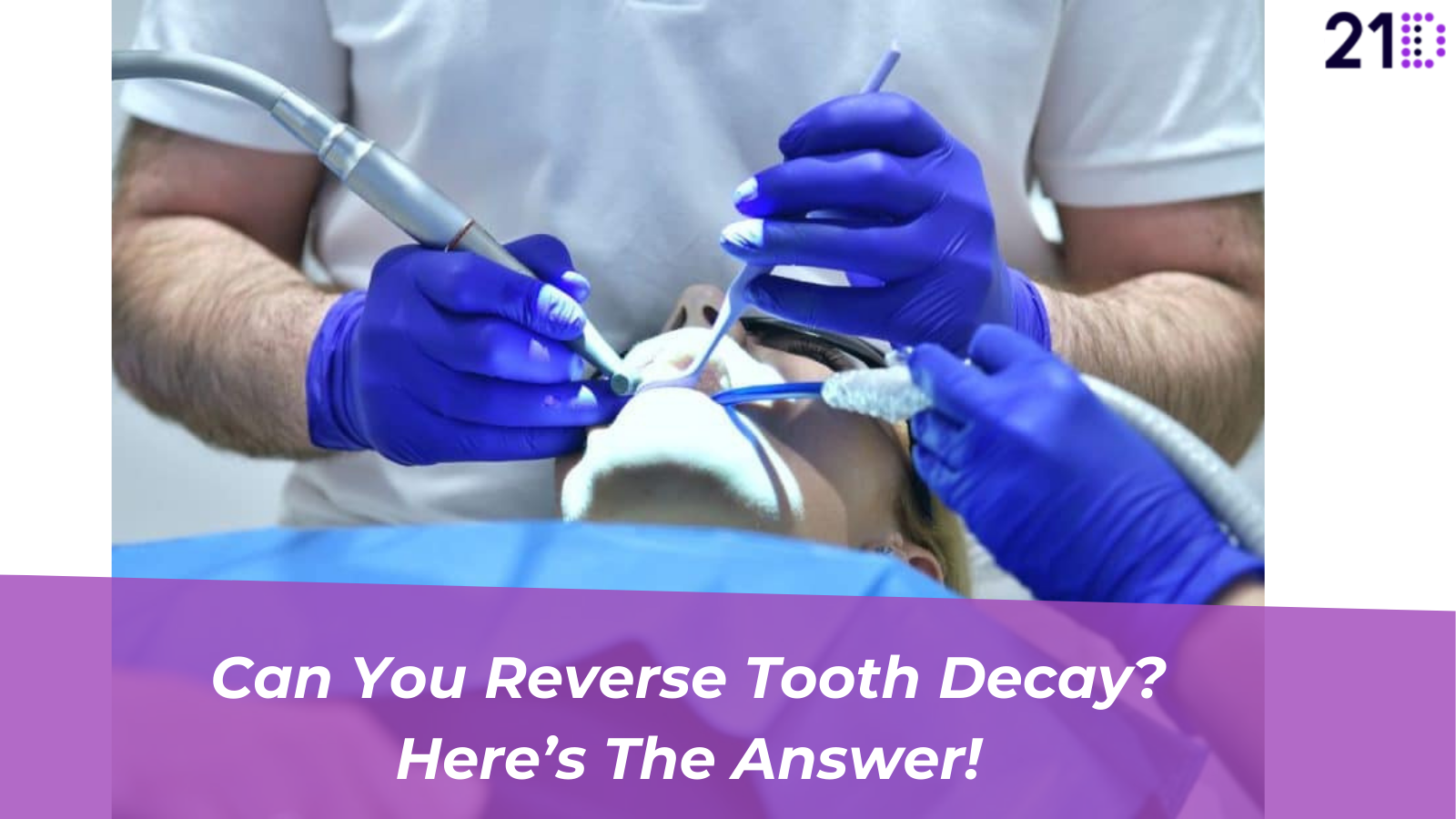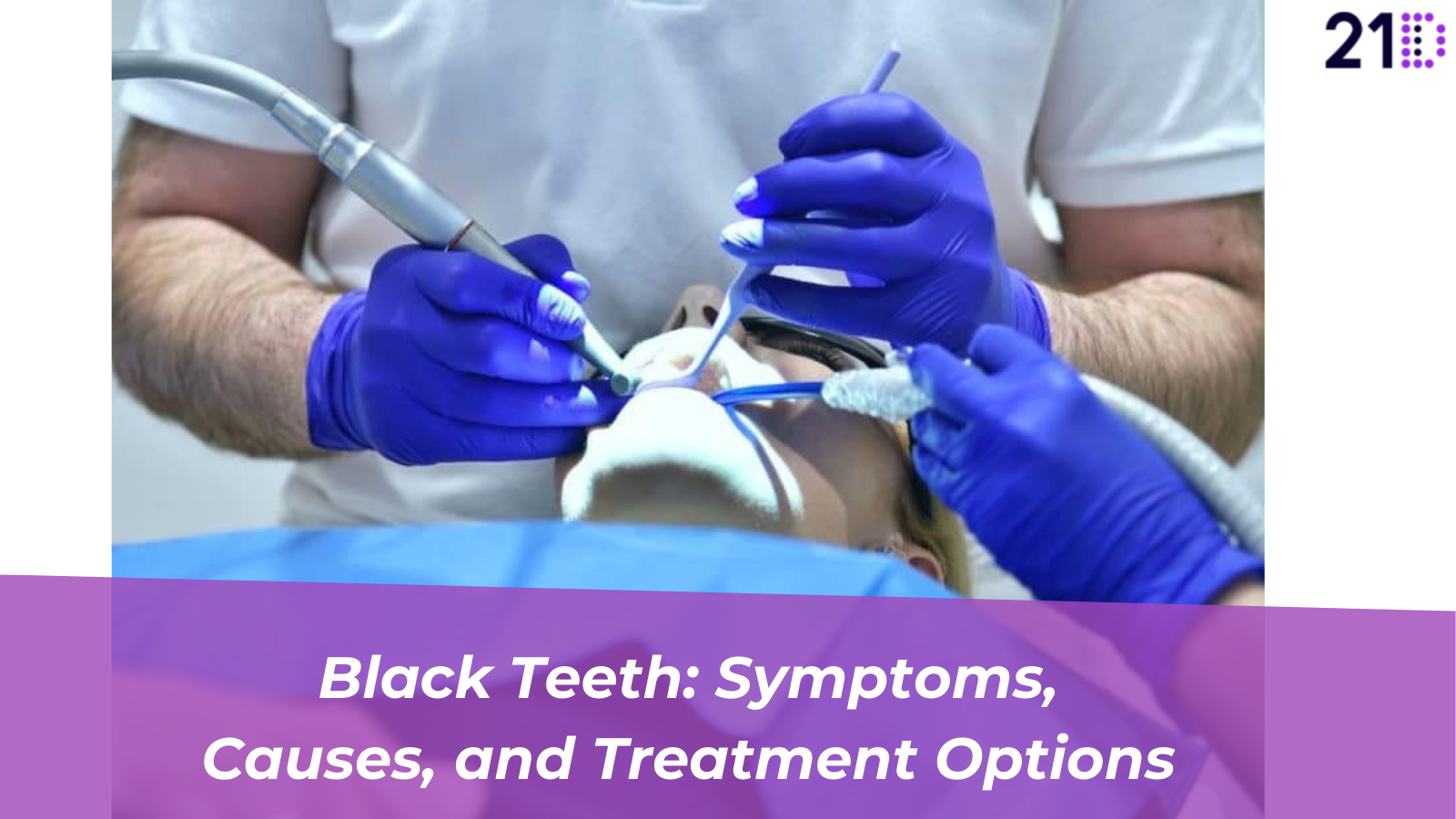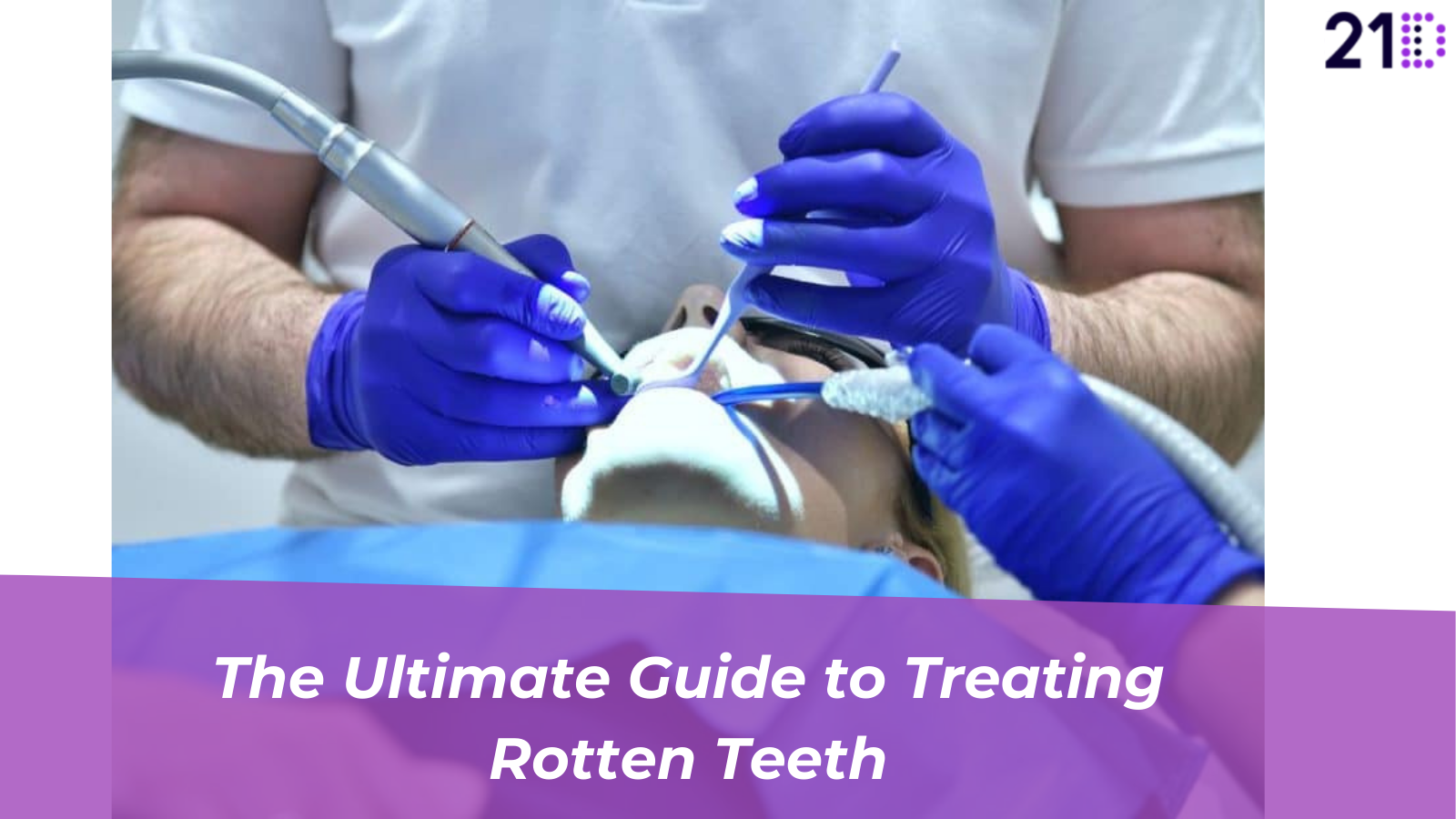In this lifestyle filled with daily challenges and a rapid work culture, it is crucial to maintain a socially confident approach to flash a smile and move through the pressures of life. Unfortunately, dental accidents can sometimes result in denture loss, which can hinder your ability to feel confident in public.
It is essential to look after your oral health to prevent such situations from giving rise to an inferiority complex. A dental implant is an effective measure in a dental accident, wherein medical devices are surgically implanted in jaws to support an artificial tooth. Let’s delve into some pros and cons of dental implants.

Pros Of Dental Implants
From the innumerable benefits a dental implant offers, here are some of them that are the most sought-after:
Cheers To A ‘Durable’ Smile
Researchers on tooth implant pros and cons and overall oral health have approved that the success rate of Titanium dental implants has been around 97% for over ten years. A report published in 2021 examined 10,871 implant samples over 22 years and observed the following survival rates at various intervals:
- 98.9% at 3 years
- 98.5% at 5 years
- 96.8% at 10 years
- 94.0% at 15 years
These research and opinion reports confirm that dental implants are a much more reliable treatment than their traditional alternatives.
Mimics Original, Feels Natural
Dental implants are a perfect option for you as far as the need to replicate the appearance of a natural tooth is concerned. The crowns (fake teeth), which stand up straight with the support of dental implants, are more than just natural. It has been observed that a dental implant is just near to the oral comfort that a natural tooth would provide.
Speak, Chew, and Smile ‘Naturally’
People undergoing various dental treatments often complain about their deteriorating ability to speak fluently or chew a specific type of food. A dental implant is one method that overcomes speech patterns and chewing ability problems. A 2019 study report, wherein 32 people with 5-6 mini-implants were studied over 4 months, concluded with a satisfactory improvement in the speech of these people, who were facing problems pronouncing the sound of ‘s’. This was a sheer perk of dental implant treatment as it properly fixes the gaps between the teeth and directs the sound-producing air.
Cons Of Dental Implants
Like every coin has two sides, a dental implant has a side, which could be problematic sometimes. Here are some of the cons discussed regarding dental implant treatment:
Suitability Issue
Although it is seen as a beneficial dental treatment, a major suitability issue occurs in the actual implementation of dental implants. The treatment only sometimes suits everyone and holds many criteria on which the individual should be eligible to benefit from the implant. Having too small a jaw to support the implant, a health condition that affects bone healing, the habit of regular smoking, and poor oral health are some of the factors which make you ineligible to get a dental implant.
Smile Can Be ‘Expensive’
One of the significant drawbacks of choosing a dental implant is that it can make your smile a bit expensive as the method only sometimes gets pocket-friendly. Many alternatives, like artificial, removable dentures or dental bridging, are much cheaper than implants. However, the other alternatives fall short of the durability criteria and need frequent changing appointments. Instead you can go for dental insurance for impants, that can make it full mouth dental implants affordable.
Surgery Oriented Nature
Suppose the thought of getting operated on and the sight of medical operating tools add to your discomfort and dental anxiety. In that case, the implantation treatment is surely not made for you. There are pros and cons of all-on-4 dental implant techniques (viz. Endosteal, Subperiosteal, Zygomatic, and other alternative methods).
Still, they all come with at least a 6-month schedule of appointments, including several surgeries. These surgeries (could be major or minor) generally cannot be omitted or alternated. Hence, this treatment could be unsuitable for some who get uncomfortable with the thought of medical equipment altering something in their body.
Who Should Opt For Dental Implants?
After considering all the dental implant pros and cons, get yourself checked on the following criteria, and you can consider booking the treatment:
- Ensure affordability of the treatment.
- It is necessary to be a non-smoker.
- The willingness to face a series of surgeries.
- Overcoming dental anxiety.
- Overall, good oral health.
Aftercare of Dental Implants
Aftercare and discipline in oral habits would bring out the choicest and desired results after dental implant surgery. Here are the steps advised:
Medicine Rhymes With Discipline
It is crucial to follow the prescribed dosage and take the medicine on time after surgery to reduce pain caused by the implantation. The healing process can be painful, and painkillers are generally prescribed to alleviate the discomfort and make the process less painful. Your dentist expects you to maintain oral health discipline and follow these basic guidelines.
Healthy Diet, Happy Teeth
Avoid frequently calling your new teeth on duty by overusing them. Also, include soft food in your diet to reduce chewing efforts. Though avoid taking dairy products and food requires a lot of chewing and jaw strength. You ought to care for the newly erected crown (artificial teeth) in its initial stages till it roots itself firmly. You can return to your favourite foods and drinks once the implantation takes root in your oral family.
Don’t Let Your Efforts Into ‘Smoke’
Whether during an ongoing dental treatment or in general, smoking is not at all a healthy habit for the overall health balance of a person. Practising frequent smoking before and after the surgery may lead to severe reparations and turn your efforts and invested funds into vain. Completely abstaining from smoking even after the healing process is strongly advised. Smoking can lead to an overall collapse in your oral health graph. It can cause incurable diseases, which would surpass the definitions of the pros and cons of dental implants.
21D in Action: Revolutionizing Dental Implants
Now, as we have discussed in detail the pros and cons of dental implants, it’s also crucial to get your full-mouth dental implants from the right place. Let’s see why and how 21D is the place you should visit for your dental implants.
Unlike conventional methods, 21D offers a streamlined approach to dental implant surgery, emphasizing simplicity, safety, and efficiency.
With 21D’s advanced computer-guided implant delivery system, patients experience a swift and precise procedure, reducing the number of surgical interventions and non-surgical appointments. This not only accelerates the process but also ensures a higher level of safety, with accuracy levels reaching sub 100 microns.
Furthermore, 21D’s commitment to affordability makes it accessible to a wider audience, breaking barriers that often deter individuals from seeking dental implant treatment. By striking a balance between quality and cost-effectiveness, 21D stands as a beacon of hope for those seeking reliable dental solutions without breaking the bank.
Moreover, the personalized care and attention provided by 21D’s experienced team ensure that patients feel supported and comfortable throughout their journey. From the initial consultation to post-operative care, 21D prioritizes the well-being and satisfaction of every individual.
While the decision to undergo dental implant surgery may seem daunting, solutions like 21D offer a ray of hope, promising a simpler, safer, and more affordable path to a confident smile.
Ready to embark on your transformative journey?
Book your free assessment with 21D today and experience the future of dental implants firsthand.
Conclusion
Dental health is a topic that never gets the attention it deserves despite being a significant aspect affecting the overall social persona, confidence, and mental stability of a person to some extent. Dental implants can be an efficient treatment technique for durability, appearance, and easy oral operations. At the same time, it needs to catch up on common problems like affordability and its selective and surgery-oriented nature. However, through a thorough consultation with your dentist, you can assess your suitability and affordability with this method, considering all the associated pros and cons of dental implants.
Key takeaway:
- Full Mouth Dental Implants restore natural appearance, providing a permanent solution for missing teeth.
- They improve oral health by preventing bone loss and maintaining facial structure.
- Full Mouth Dental Implants enhance speech and chewing ability, improving overall quality of life.
- High cost, surgery, potential complications, and a lengthy treatment process are the primary disadvantages.
- Suitable candidates for Full Mouth Dental Implants should have good overall health, existing teeth and gums in decent condition, and be financially able to afford the procedure.
- Factors to consider before opting for Full Mouth Dental Implants include overall health and medical history, the condition of existing teeth and gums, financial considerations, and a long-term commitment to oral care.
Frequently Asked Questions
1. What are the advantages of full mouth dental implants?
Full mouth dental implants offer several advantages, including:
- Restoration of biting force and chewing capacity
- Prevention of facial sagging and signs of aging caused by jawbone loss
- Prevention of bone resorption by stimulating bone growth
- Stabilization of adjacent teeth and prevention of shifting
- Long-lasting durability, potentially lasting a lifetime
2. Are there any disadvantages associated with full mouth dental implants?
Yes, there are a few disadvantages to consider:
- Higher cost compared to alternative procedures
- Requirement for invasive dental surgery and multiple appointments
- Not suitable for everyone, especially those with specific habits, medical issues, poor dental health, or significant jawbone loss
3. Is the surgery for full mouth dental implants painful?
The surgery for full mouth dental implants is typically performed under local anesthetic, ensuring that the patient does not experience pain during the procedure. Some post-operative discomfort and swelling may occur, but can generally be managed with appropriate pain medication.
4. What are the ongoing costs associated with full mouth dental implants?
While full mouth dental implants may have higher upfront costs, the ongoing costs can be lower compared to alternative procedures. The long-lasting durability of dental implants reduces the need for frequent replacements or repairs, potentially saving money in the long run.
5. How invasive is the surgery for full mouth dental implants and how many appointments will it require?
The surgery for full mouth dental implants is considered a relatively invasive procedure. It involves placing titanium anchors (implants) into the jawbone to support the artificial replacement teeth. The exact number of appointments required can vary depending on the individual case, but multiple appointments over a period of 6 to 12 months are common to complete the entire implant process.
6. Can full mouth dental implants provide a natural look and feel?
Yes, full mouth dental implants offer a natural-looking and natural-feeling replacement for missing teeth. They provide a more permanent solution compared to alternatives like dentures, allowing patients to enjoy improved speech, chewing comfort, and a restored cosmetic appearance. Implant-supported dentures, in particular, can provide stability and eliminate the need for traditional false teeth that may have food limitations.




